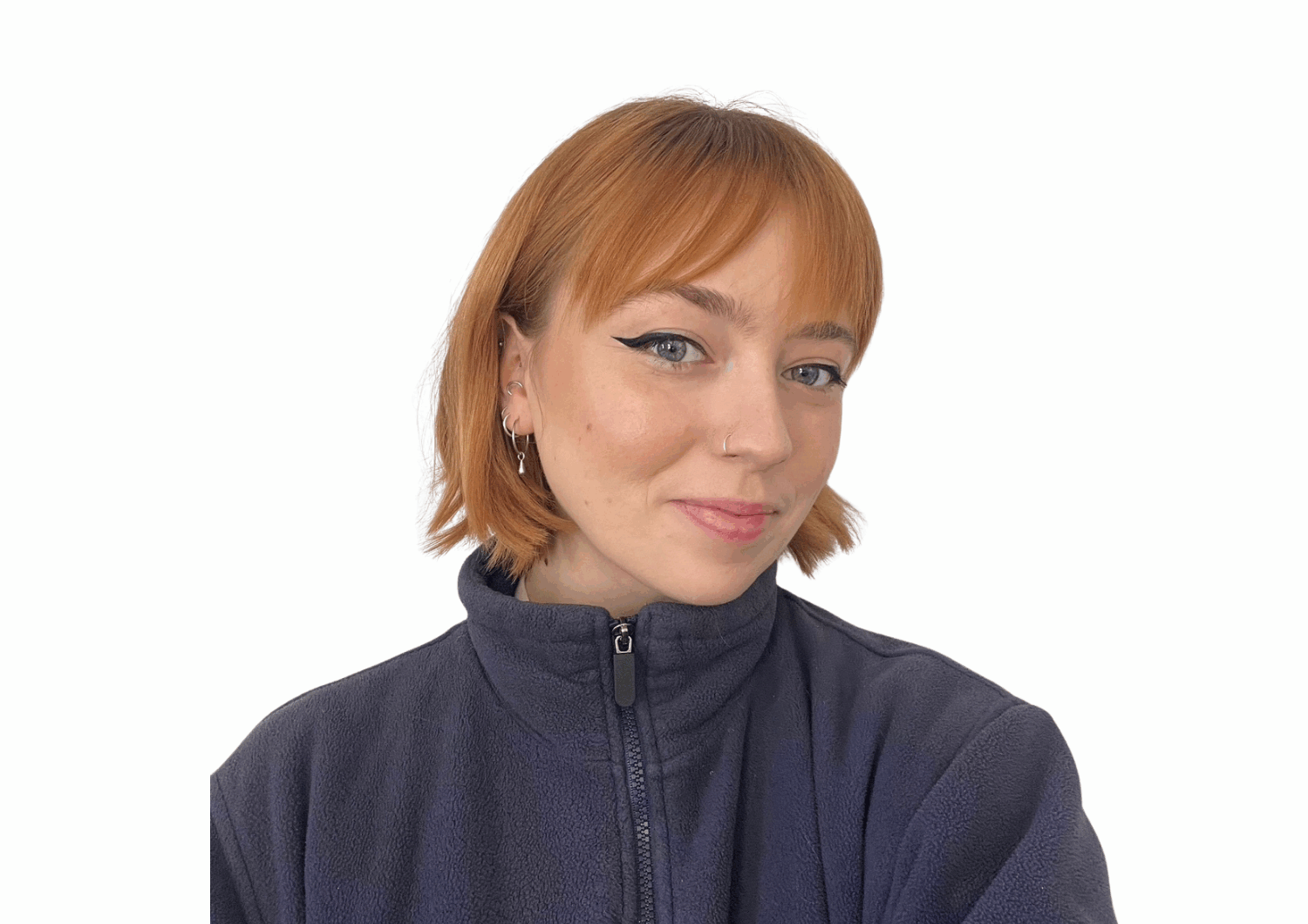
When Madeline Brown first became an inpatient at 17, she couldn’t have imagined that years later she would return to the same environment – not as a patient, but as a source of encouragement for others.
Now a peer worker at Essex Partnership University NHS Foundation Trust (EPUT), Madeline is helping transform experiences of care for young people on the Trust’s child and adolescent mental health ward in Rochford through lived experience, empathy and connection.
Diagnosed with emotionally unstable personality disorder, and with over a decade of experience of mental health care, including an inpatient admission, Madeline brings a unique and powerful perspective to her role.
She said: “I became a peer worker to be the person I needed when I was unwell – someone who offers empathy and validation grounded in lived experience. When I say ‘I understand,’ I mean it. I’ve stood in that same place and found a way forward.”
Drawing on their personal experiences of mental health challenges, peer workers help others through every step of their treatment on a ward, offering one-to-one and group support, running activities, and working closely with clinical teams involved in patient care to help meet their individual needs.
Madeline’s journey into the peer worker role started in 2023 when she was studying psychology at university.
“At that point in my recovery, I felt ready to use my experiences of being an inpatient and navigating the mental health system to help others and to improve how services are delivered,” she explains.
Having now completed her degree, Madeline hopes to eventually become a clinical psychologist.
Madeline describes her role as being a consistent face for patients – a non-clinical presence who patients can talk to, confide in, and relate to, providing hope that better days are possible, even when they feel out of reach.
She said: “I support young people in whatever way they need; whether that’s a one-to-one conversation, helping them prepare for meetings, playing games, joining creative projects, or just being there to listen.
“Sometimes it’s about helping them feel confident enough to speak in their meetings with clinical staff. I’m there as their advocate if they need it.
“A lot of our patients have missed school or feel like they’ve fallen behind. I’ve been down those routes myself, and I help them see they haven’t missed the boat. I know what it’s like to miss milestones as a teenager. My goal is to show them they’re not alone and that there is life beyond their admission.”
Peer workers play a key part in the transformation of mental health services at EPUT, ensuring people with lived experience and patient voice are at the heart of its services.